25 Songs That Changed the World—One Lyric at a Time
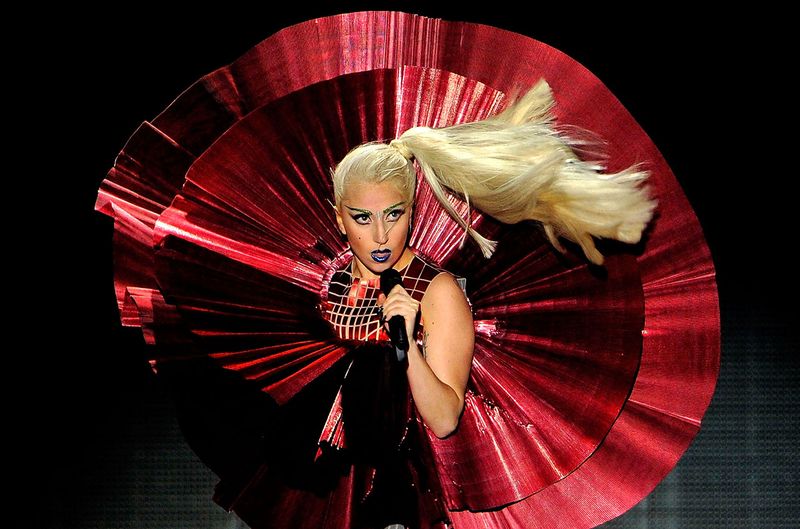
Across generations and continents, songs have inspired movements, challenged the status quo, and given voice to the voiceless. A single lyric can spark a revolution, bring people together, or capture the spirit of an era. In this post, we’re highlighting 25 powerful songs that didn’t just top charts—they shifted culture, shaped history, and stirred hearts. From protest anthems to genre-defining hits, these tracks prove that music truly can change the world—one lyric at a time.
“Imagine” – John Lennon (1971)
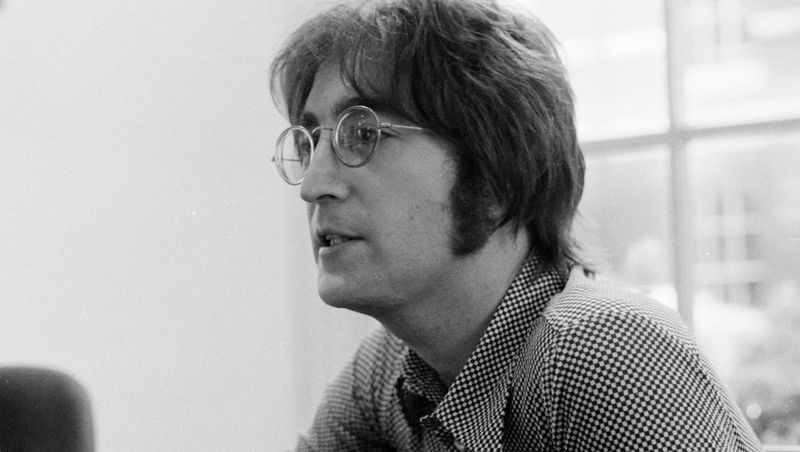
Dreaming of a better world, John Lennon penned a ballad that stripped away religion, borders, and materialism to ask a simple question: what if we all just lived in peace?
The lyric became more than just a line—it became a mission statement for pacifists, activists, and dreamers worldwide. “Imagine” has been sung at vigils, protests, and peace rallies for decades. It’s a soft-spoken challenge to rethink everything society takes for granted. In just a few words, Lennon inspired generations to hope, to act, and to believe that a more harmonious world isn’t just possible—it’s worth fighting for.
“Strange Fruit” – Billie Holiday (1939)
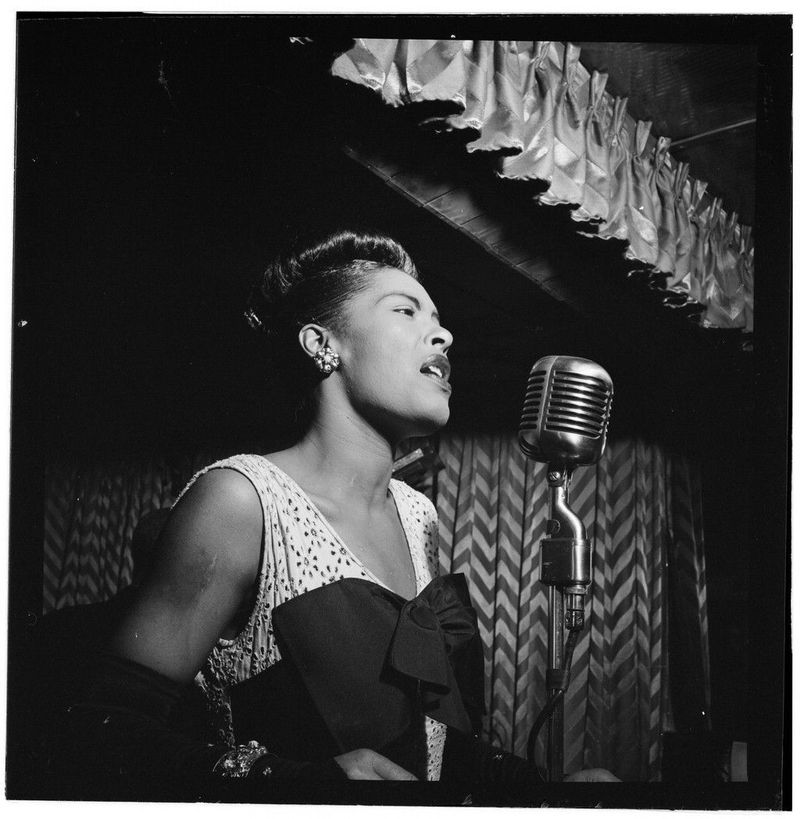
In a time when many avoided addressing racism, Billie Holiday sang a chilling metaphor for lynching in the American South. “Strange Fruit” forced audiences—especially white ones—to confront the brutal reality of racial violence.
This wasn’t just a song; it was an act of defiance. Holiday performed it under tight restrictions, often as the closing piece to ensure it left a lasting impression. The graphic imagery in the lyrics stunned listeners and contributed to the early rumblings of the civil rights movement. Its legacy endures as one of the boldest protest songs ever recorded.
“Blowin’ in the Wind” – Bob Dylan (1962)
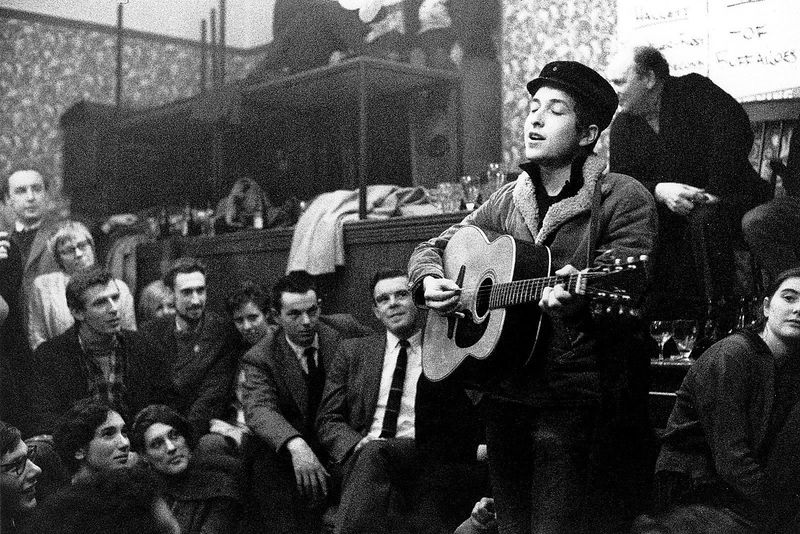
Framed as a series of rhetorical questions, Bob Dylan’s folk masterpiece tapped into the frustration and yearning of a generation demanding change. It voiced the ambiguity and weariness of those living through racial segregation and the Vietnam War.
Though Dylan claimed the answers were “blowin’ in the wind,” the song gave clarity to a movement in search of justice. Civil rights leaders adopted it as an anthem, and artists like Peter, Paul and Mary helped amplify its reach. With its timeless questions, the track still resonates today with anyone seeking truth in turbulent times.
“Respect” – Aretha Franklin (1967)
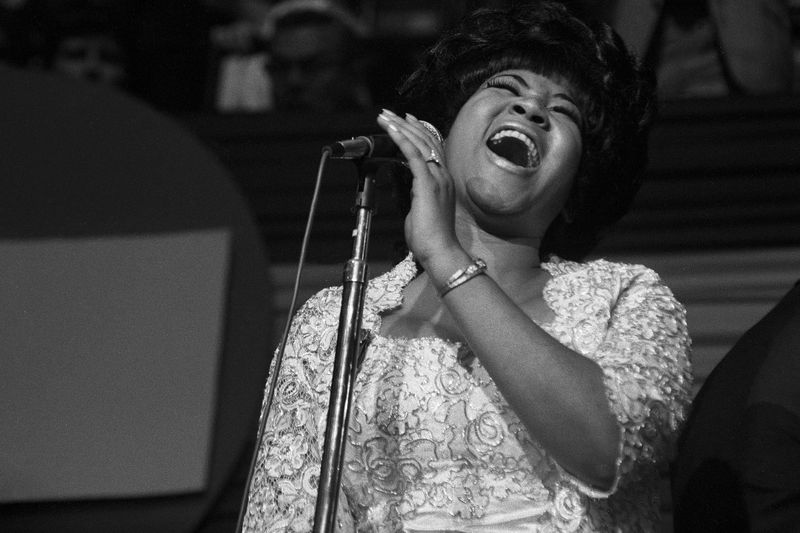
Originally written by Otis Redding, Aretha Franklin flipped the script and turned “Respect” into a feminist and civil rights power anthem. Her confident delivery and reworked lyrics demanded more than courtesy—they demanded equality.
The spelling of “respect” became instantly iconic, and Franklin’s voice became synonymous with empowerment. Women, especially Black women, embraced the song as a declaration of worth and autonomy. It broke through barriers in pop culture and inspired conversations about gender roles and race in America. Few songs have made such a statement with just a few letters.
“What’s Going On” – Marvin Gaye (1971)
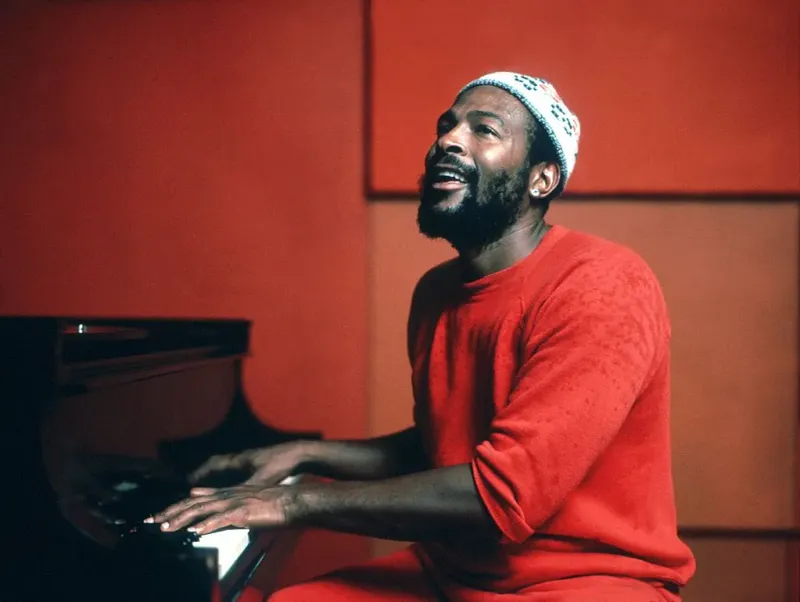
In the aftermath of the 1960s, Marvin Gaye moved away from Motown love songs and delivered a socially conscious masterpiece. “What’s Going On” was a plea for unity and compassion in a world torn by war and inequality.
The lyric summed up the confusion of a generation grappling with the Vietnam War and racial strife. Gaye’s smooth vocals paired with raw truth made listeners pause and reflect. The song was radical for its time—and remains relevant today. It humanized protest and redefined what soul music could achieve.
“Fight the Power” – Public Enemy (1989)
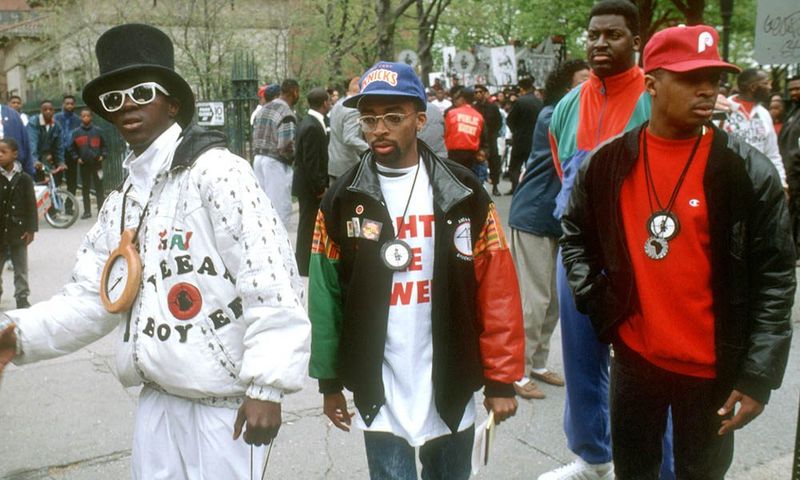
With unapologetic fury, Public Enemy delivered a searing critique of American cultural icons and systemic racism. “Fight the Power” was loud, confrontational, and brilliant.
The controversial Elvis lyric wasn’t just shock value—it challenged who gets celebrated in American history and why. Featured prominently in Spike Lee’s Do the Right Thing, the track became synonymous with urban resistance and Black pride. Chuck D’s voice galvanized a generation, and the song remains a blueprint for protest in hip-hop.
“Born This Way” – Lady Gaga (2011)
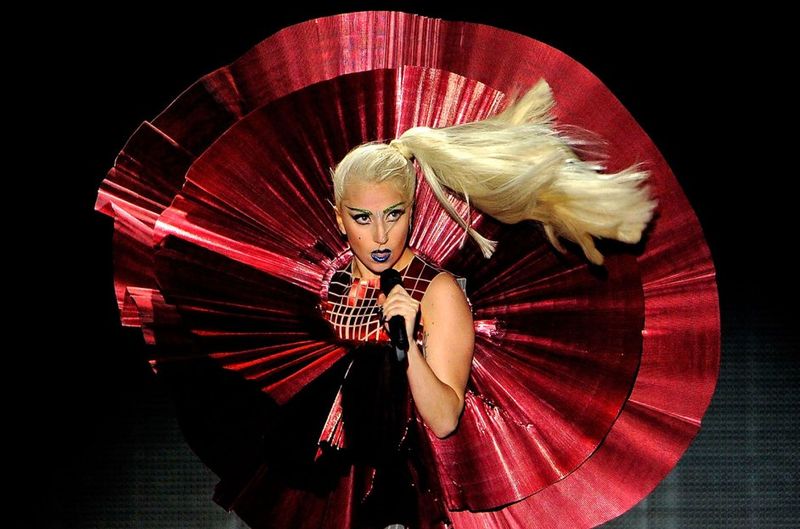
Pop music met queer liberation in “Born This Way,” a high-energy celebration of self-acceptance. Gaga’s bold lyric empowered LGBTQ+ youth to embrace their identities unapologetically.
At a time when anti-LGBTQ+ rhetoric was still mainstream, the song was both a dance hit and a political statement. Gaga’s message wasn’t subtle—it was a declaration of dignity and equality. Schools, pride parades, and even churches echoed the lyrics as a call to love oneself and others. It became a safe space set to music.
“Alright” – Kendrick Lamar (2015)
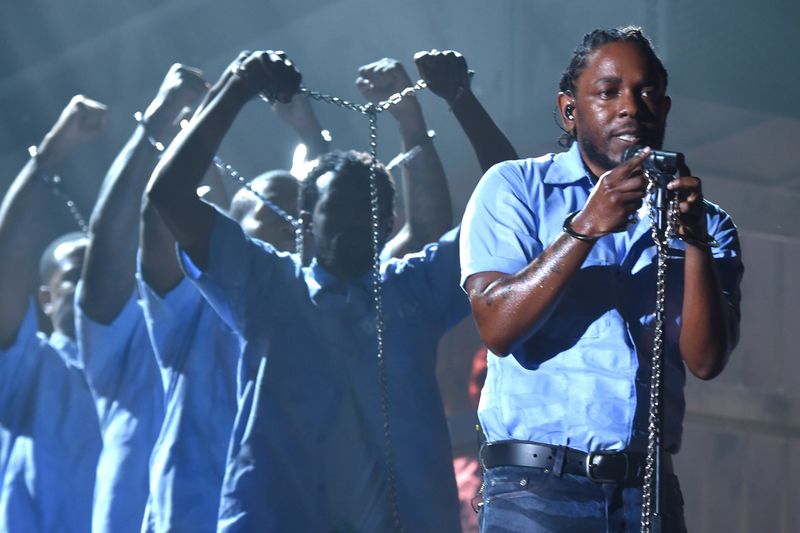
Simple yet powerful, this lyric became a mantra of hope for the Black Lives Matter movement. “Alright” gave voice to the pain and resilience of a community under siege.
When protesters chanted it in the streets, they turned Kendrick Lamar’s words into a shield against despair. The song’s upbeat chorus contrasted its deeper commentary on police brutality and systemic racism. Its cultural impact was so strong that even politicians acknowledged it. “Alright” didn’t just soundtrack a movement—it fortified it.
“A Change Is Gonna Come” – Sam Cooke (1964)
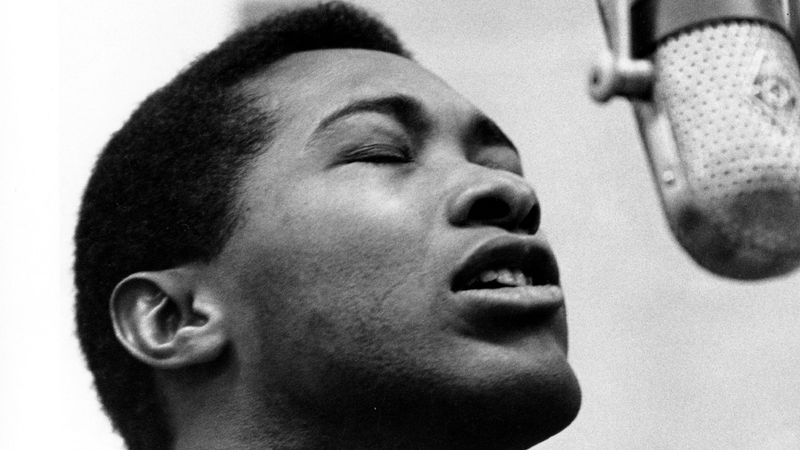
Inspired by personal discrimination and the broader civil rights struggle, Sam Cooke’s voice carried the weight of an entire generation’s hope.
His lyric captured the exhaustion and optimism of those fighting for equality. Though Cooke never lived to see its full impact—he was killed later that year—the song became a civil rights anthem. Its gospel roots, orchestral arrangement, and emotional depth made it timeless. Martin Luther King Jr. himself was reportedly moved by its message.
“Glory” – Common & John Legend (2014)
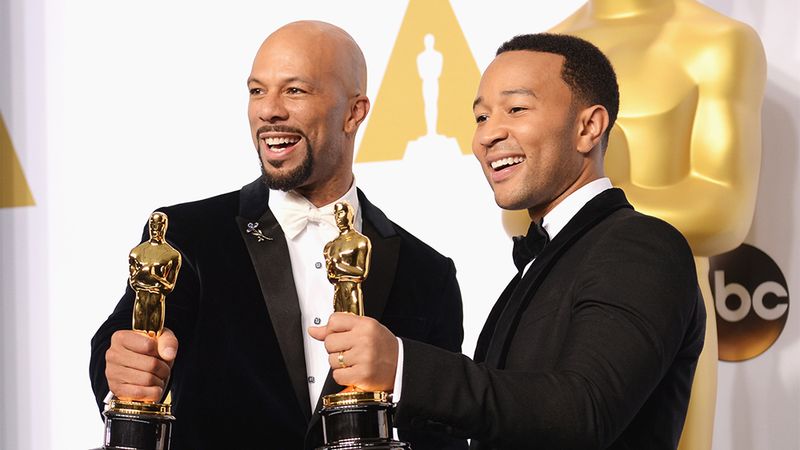
Created for the film Selma, this track bridged past and present in the fight for civil rights. Common and John Legend reminded listeners that history isn’t finished—it’s unfolding.
The lyric echoed Dr. King’s unfinished mission while connecting to modern protests. When they performed the song at the Oscars, it brought the crowd to tears—and reminded the world that the battle for justice is ongoing. “Glory” is modern gospel for an age still grappling with injustice.
“Sunday Bloody Sunday” – U2 (1983)
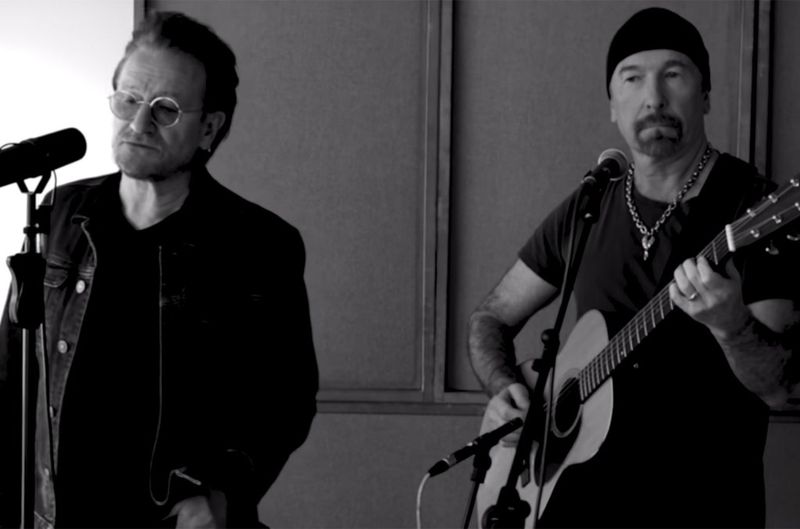
Addressing the violence in Northern Ireland, U2’s anthem of sorrow and frustration crossed global borders. The lyric challenged the endless cycle of hatred and retaliation.
With militaristic drums and a mournful tone, the song resonated far beyond Ireland. It became a staple in anti-war sentiment worldwide. Bono’s passionate delivery during live performances turned “Sunday Bloody Sunday” into a communal cry for peace and reconciliation. It served as a reminder that history’s bloodshed shouldn’t be repeated.
“We Shall Overcome” – Various Artists (Traditional)
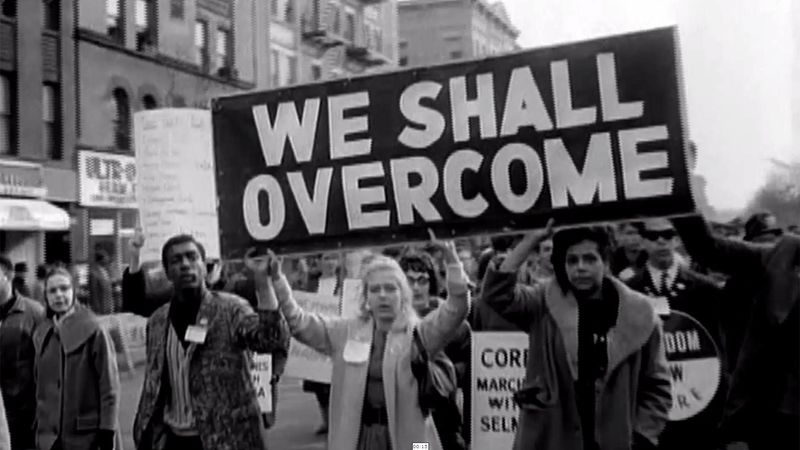
Passed down through generations, this spiritual became the heartbeat of the Civil Rights Movement. The lyric offered unwavering hope amid brutality and resistance.
It wasn’t about lofty political speeches—it was the quiet resolve of people marching, sitting, and singing together. Whether in churches or on picket lines, the song united people in the belief that justice would prevail. Its simplicity is its strength. Sung by everyone from Pete Seeger to Dr. King, this song became a sacred chant for change.
“Same Love” – Macklemore & Ryan Lewis (2012)
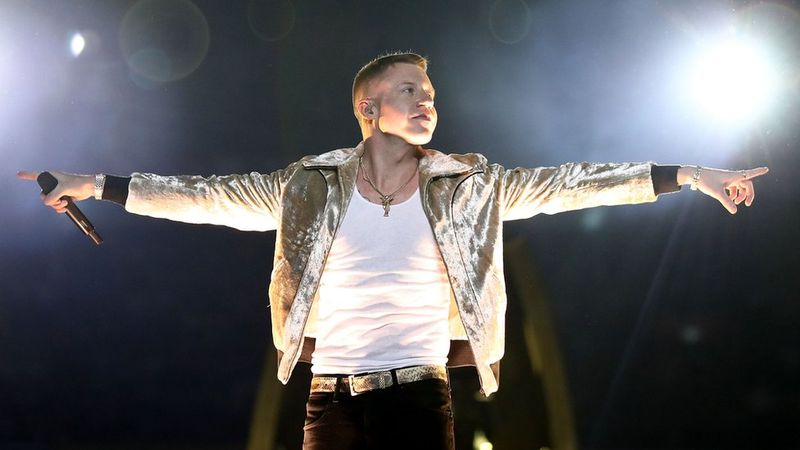
In a genre not always known for LGBTQ+ inclusion, this song made a bold statement. Macklemore tackled homophobia head-on with a lyric that insisted equality is a basic right.
The track gained traction at a pivotal time, as marriage equality debates dominated headlines. With Mary Lambert’s haunting chorus and a message rooted in love, “Same Love” became a rallying cry for acceptance. Its mainstream success opened the door for more inclusive voices in hip-hop and pop.
“Formation” – Beyoncé (2016)
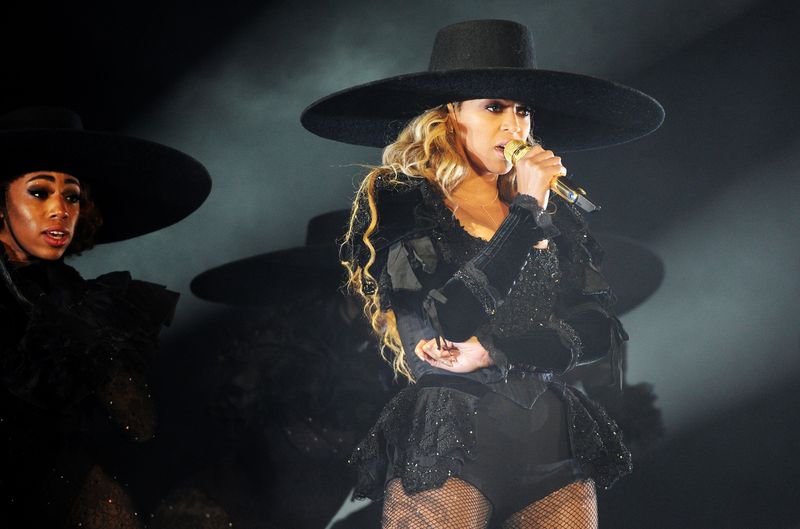
Beyoncé used “Formation” to declare pride in Black culture, family, and heritage. Her lyric rejected Eurocentric beauty standards and celebrated authenticity.
Premiering just before her Super Bowl performance, the song—and especially its visuals—sparked a cultural awakening. It referenced Hurricane Katrina, police brutality, and generational pride. Critics praised its political stance, and fans embraced it as a symbol of unapologetic Black excellence. Beyoncé didn’t just make music; she made a movement.
“The Times They Are A-Changin’” – Bob Dylan (1964)
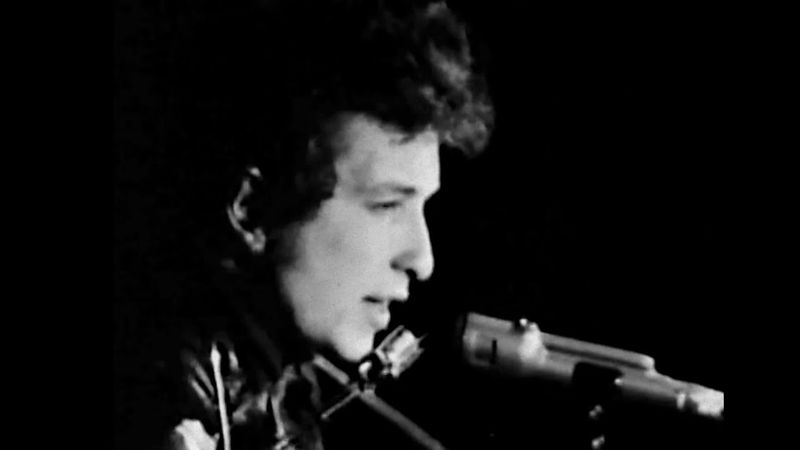
Bob Dylan delivered a direct message to those in power: change is coming, whether you’re ready or not. His lyric wasn’t a warning—it was prophecy.
The song resonated with youth, activists, and artists during the turbulent 1960s. It became a soundtrack for protests and reform. Dylan’s poetic call to action encouraged listeners to embrace the wave of transformation sweeping across society. Even today, the track feels eerily relevant.
“Say It Loud – I’m Black and I’m Proud” – James Brown (1968)
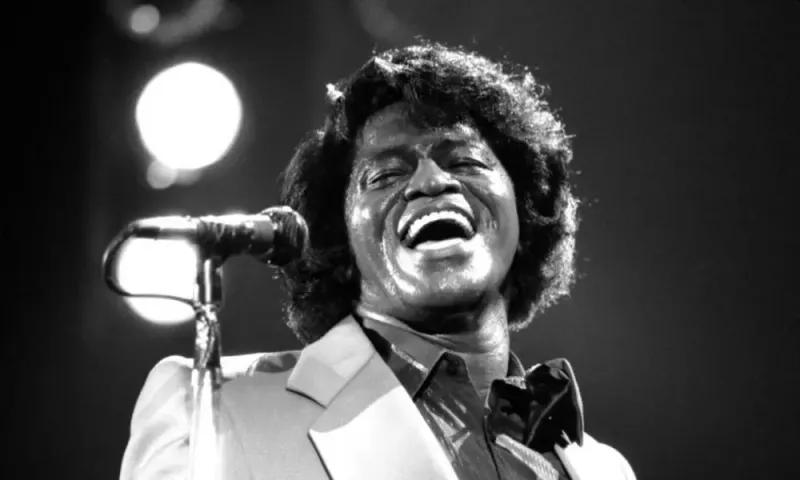
At the height of the civil rights movement, James Brown delivered a bold and unapologetic affirmation of Black identity. His lyric wasn’t just catchy—it was revolutionary.
The chant became a mantra in Black communities across America. It inspired pride in heritage and strength in solidarity, especially among youth. While critics feared it was too militant, Brown insisted it was about self-respect and empowerment. “Say It Loud” gave voice to a new generation no longer willing to apologize for who they were.
“This Is America” – Childish Gambino (2018)
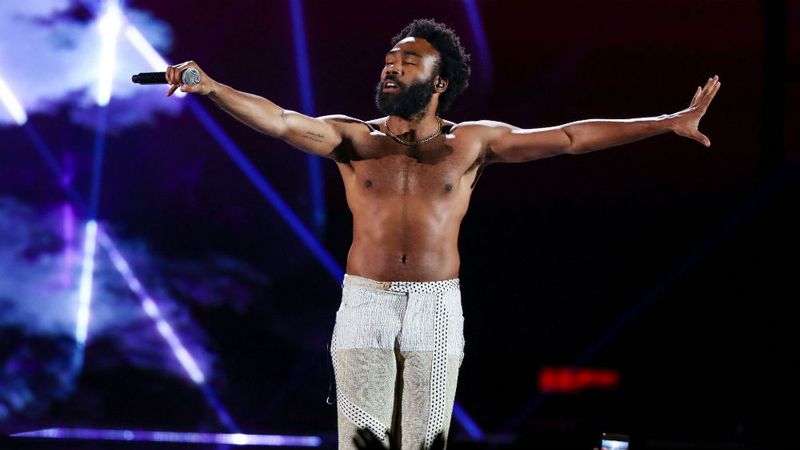
Donald Glover’s alter ego delivered a visual and lyrical masterpiece that dissected modern America. The lyric warned of a country where distraction masks destruction.
Its sudden shifts from upbeat chorus to dark chaos mirrored the jarring duality of entertainment and violence. From gun violence to racism, the song confronted uncomfortable truths. The viral video elevated the song to a cultural event, sparking endless analysis and debate. With just one line, Gambino forced the world to look closer.
“I Will Survive” – Gloria Gaynor (1978)
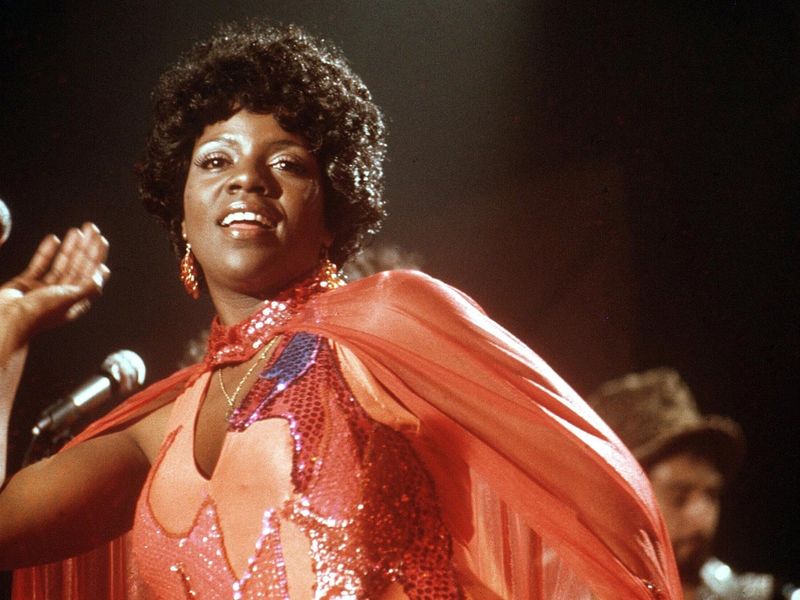
From heartbreak to empowerment, this disco anthem transformed personal resilience into a universal declaration. Gaynor’s lyric was more than just a breakup line—it was survival itself.
Quickly adopted by feminist and LGBTQ+ communities, the song became a beacon for anyone overcoming adversity. Its disco beat couldn’t mask the power of its message: strength, independence, and hope. Decades later, it still inspires those facing setbacks to stand tall and carry on.
“Where Is the Love?” – Black Eyed Peas (2003)
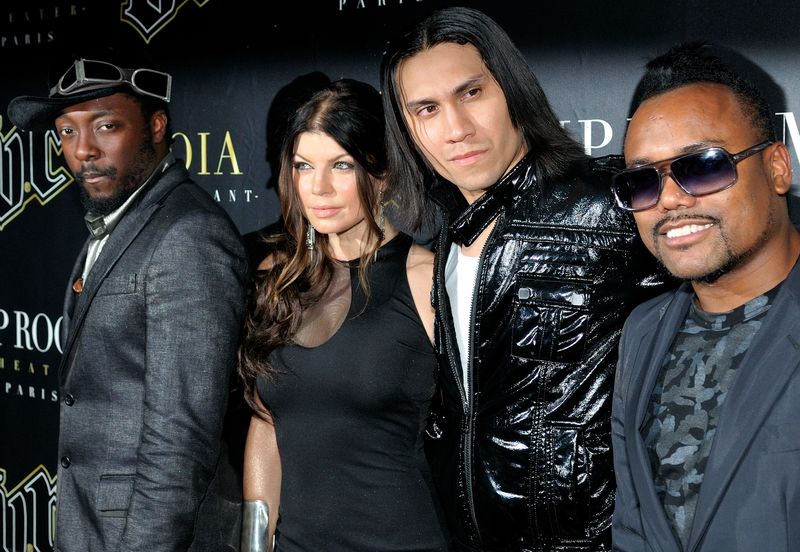
Post-9/11 uncertainty and growing distrust in institutions shaped this thought-provoking hit. The lyric questioned the role of media in perpetuating fear and division.
The song tackled racism, terrorism, and environmental destruction with a pop-friendly sound and a serious message. It encouraged listeners to think critically and seek compassion over judgment. Its crossover appeal brought social commentary to Top 40 radio—something rarely seen at the time. “Where Is the Love?” was the conscience of a confused generation.
“Redemption Song” – Bob Marley (1980)
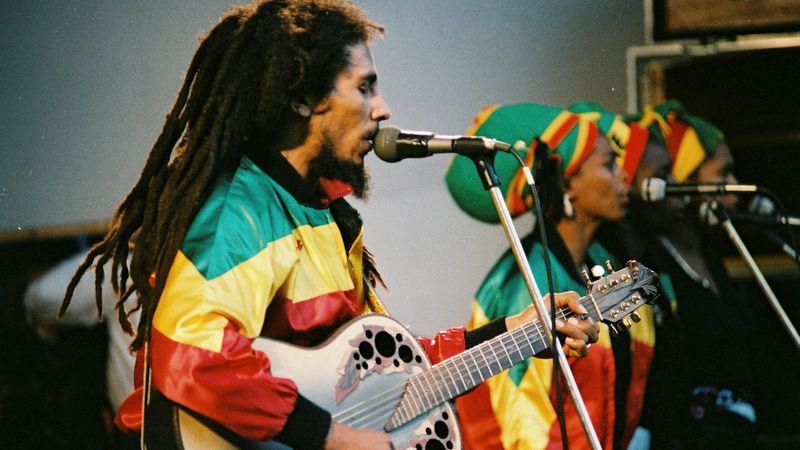
Bob Marley’s acoustic ballad departed from his usual reggae rhythm to deliver a timeless call for liberation. His lyric urged listeners to free themselves from psychological chains.
The line, inspired by Marcus Garvey, transcended racial and national boundaries. It became a powerful reminder that true freedom starts within. Marley recorded it as he battled cancer, infusing it with raw humanity. “Redemption Song” remains a sacred text for those seeking spiritual and political liberation.
“Do They Know It’s Christmas?” – Band Aid (1984)
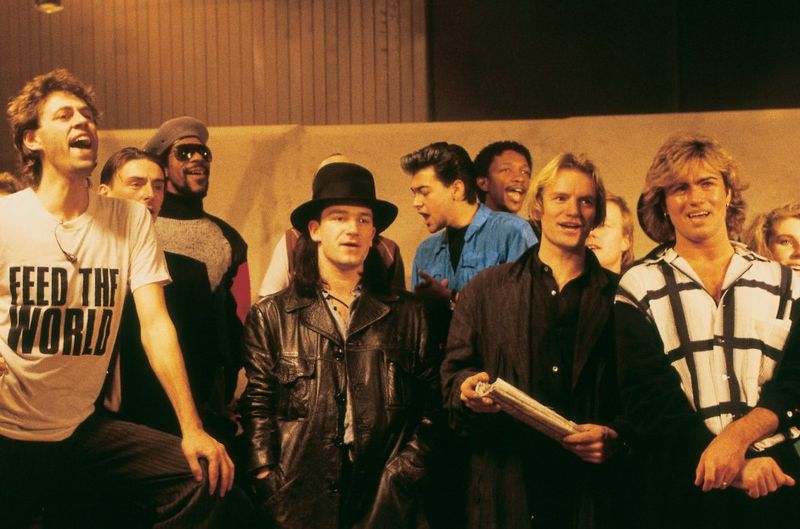
What began as a charity project turned into a global moment of unity. The lyric highlighted famine in Ethiopia, prompting millions to take action.
While some criticized its tone, the song raised over $100 million for relief efforts. It sparked similar benefit events, including Live Aid. The idea that music could directly save lives became a blueprint for future humanitarian projects. “Do They Know It’s Christmas?” wasn’t perfect, but it was powerful.
“Earth Song” – Michael Jackson (1995)
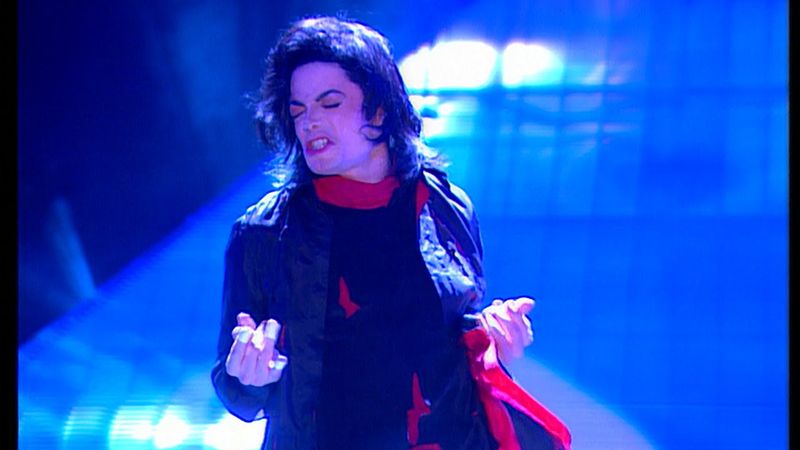
Environmental issues rarely made it into mainstream pop—until Michael Jackson changed that. His lyric asked haunting questions about what humanity had sacrificed in the name of progress.
The video’s imagery was just as impactful, depicting ecological and humanitarian destruction across the globe. “Earth Song” forced fans to reflect on their impact and take responsibility for the planet. Its success showed that pop stars could use their platforms for more than fame—they could advocate for Earth itself.
“Heal the World” – Michael Jackson (1991)
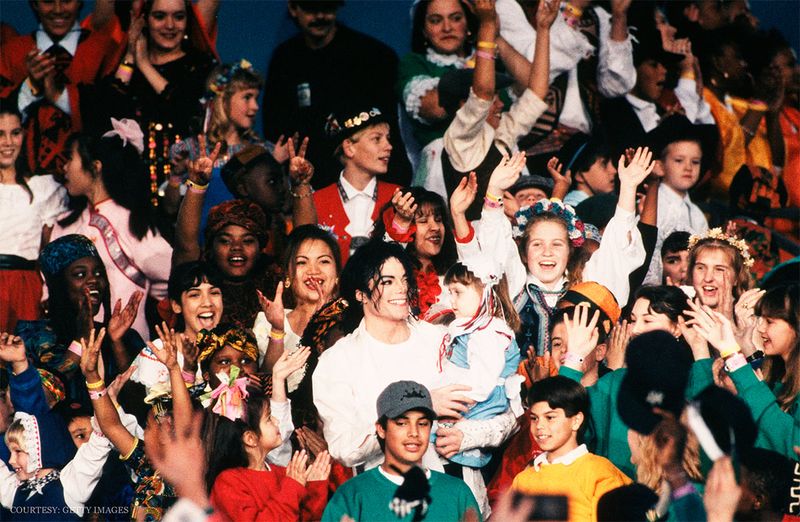
More than just a song, this was a mission statement. Jackson’s lyric embodied the vision of global healing through love, charity, and unity.
It became the cornerstone of his humanitarian efforts and inspired the creation of the Heal the World Foundation. Schools, concerts, and outreach programs adopted the song as a message of peace. It asked people to believe in the power of kindness—a simple but transformative idea in a divided world.
“The Message” – Grandmaster Flash and the Furious Five (1982)
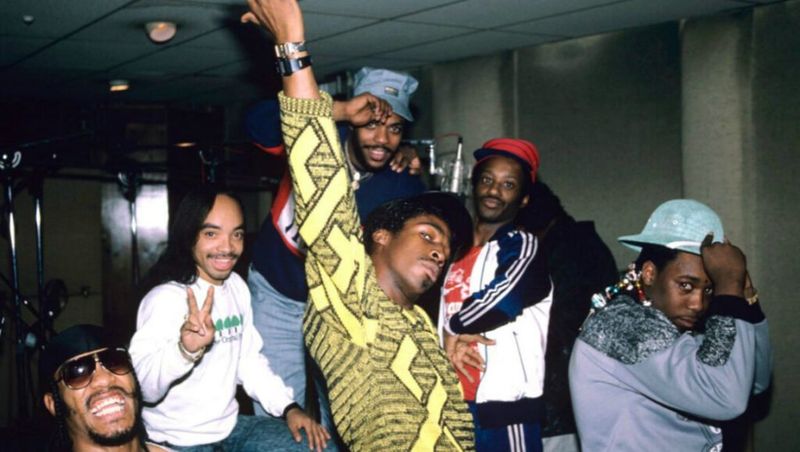
Before hip-hop was party music, it was survival music. This lyric captured the mental strain of poverty, systemic neglect, and urban decay.
The song opened doors for socially conscious rap, paving the way for generations of storytellers. It painted a vivid picture of life in the inner city without glamorizing or romanticizing it. “The Message” proved that hip-hop could be profound and political—and that it belonged in the cultural conversation.
“Demons” – Imagine Dragons (2012)
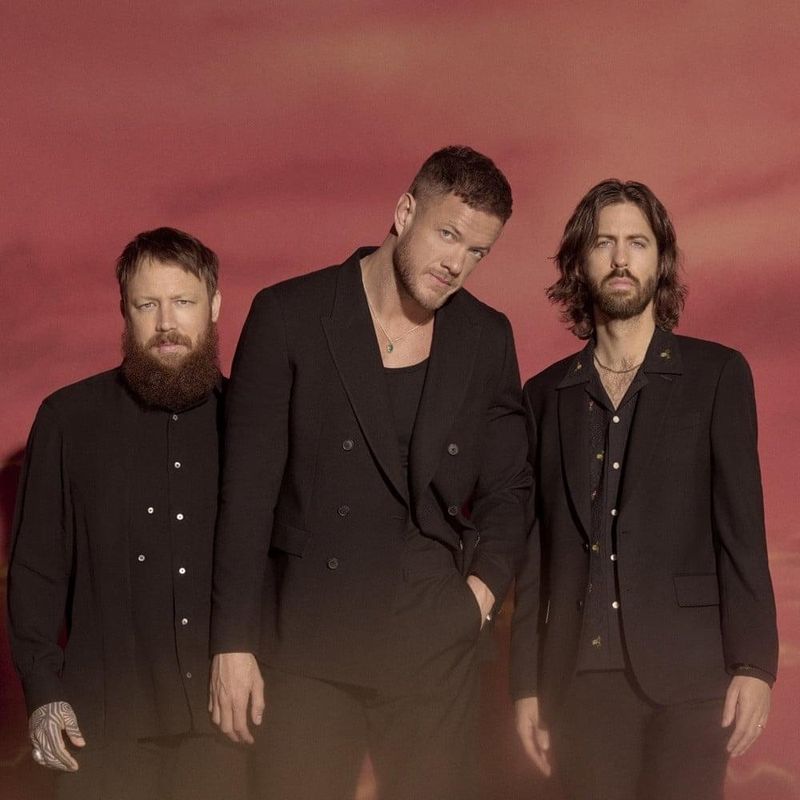
Mental health conversations often stayed behind closed doors—until songs like this brought them into the spotlight. The lyric exposed the internal battles so many hide behind smiles.
“Demons” resonated with anyone dealing with anxiety, depression, or trauma. Its popularity showed a hunger for honesty in music, especially among younger audiences. It wasn’t just confessional—it was cathartic. By acknowledging the darkness, Imagine Dragons helped others feel seen and less alone.

Comments
Loading…